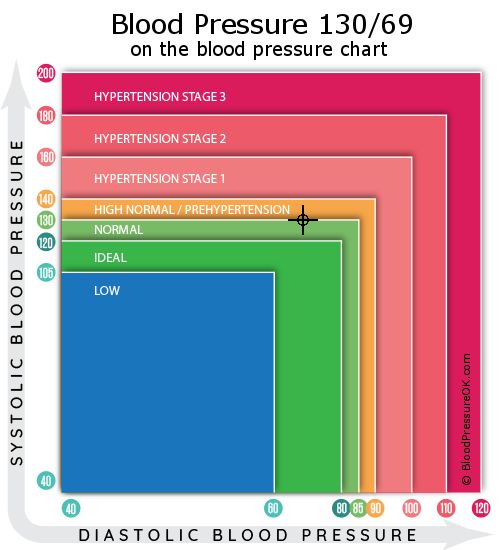 |
| My first result |
My husband took his blood pressure last week on one of those machines they have at sports clubs or gyms. To say the results were worrying is an understatement and it promoted a call to the doctors.
The first thing I did the next morning was buy a blood pressure home kit in order that we can keep an eye on his levels. He has been given a months worth of emergency tablets to bring the pressure down and will be followed up with a doctors call, along with having routine blood checks to give him a proper once over.
As women we get offered regular check ups, to include screenings for cervical and breast cancer, but men don't tend to get invited for regular check ups in the same way. This year alone I have had my cervical screening, got invited to do a home test for bowel cancer and have just received my mammogram results, thankfully all clear. Every few years at my surgery they also perform a general MOT, which includes checks for blood pressure, weight and diabetes etc. But my husband has not been to the doctors or had any contact with them in over 10 years.
High blood pressure is referred to as the 'silent killer' because so many people can have it with no symptoms, but it puts someone at a much greater risk of heart disease, a heart attack or stroke, amongst other things. My husband appears to be fit and healthy from the outside and is a prime example of what can happen with no regular testing or check ups.
Blood pressure guidelines vary, but the new general guidelines are as follows:
- Normal: Less than 120/80
- Elevated: Systolic between 120-129 and diastolic less than 80
- Stage 1: Systolic between 130-139 or diastolic between 80-89
- Stage 2: Systolic at least 140 or diastolic at least 90
- Hypertensive crisis: Systolic over 180 and/or diastolic over 120. A hypertensive crisis is a medical emergency.
My husband under all guidelines was well into a the hypertensive crisis stage, which meant that had he suffered from a headache or blurred vision it would have been an emergency, although we would not have been aware of this. My blood pressure at 130/69 is classed as high normal, although the diastolic at 69 is ideal.
The good thing to come out of this is that we now know where we stand and plan to not only to get it under control but to reverse it through diet and exercise, with the hope that he will be able to reduce and eventually come off any medication he now needs to take.
It's been a wake up call that if we don't get fit and healthy we may not get to enjoy the retirement we have been planning for or be there to see our grandchildren grow up.
The immediate plan for both of us is to limit salt, drink more water, exercise and lose weight. Additionally he will need to commit to eating a plant based diet at least 95% of the time and to give up the daily crisps and biscuits, which I also have been eating again since being in the house all day.